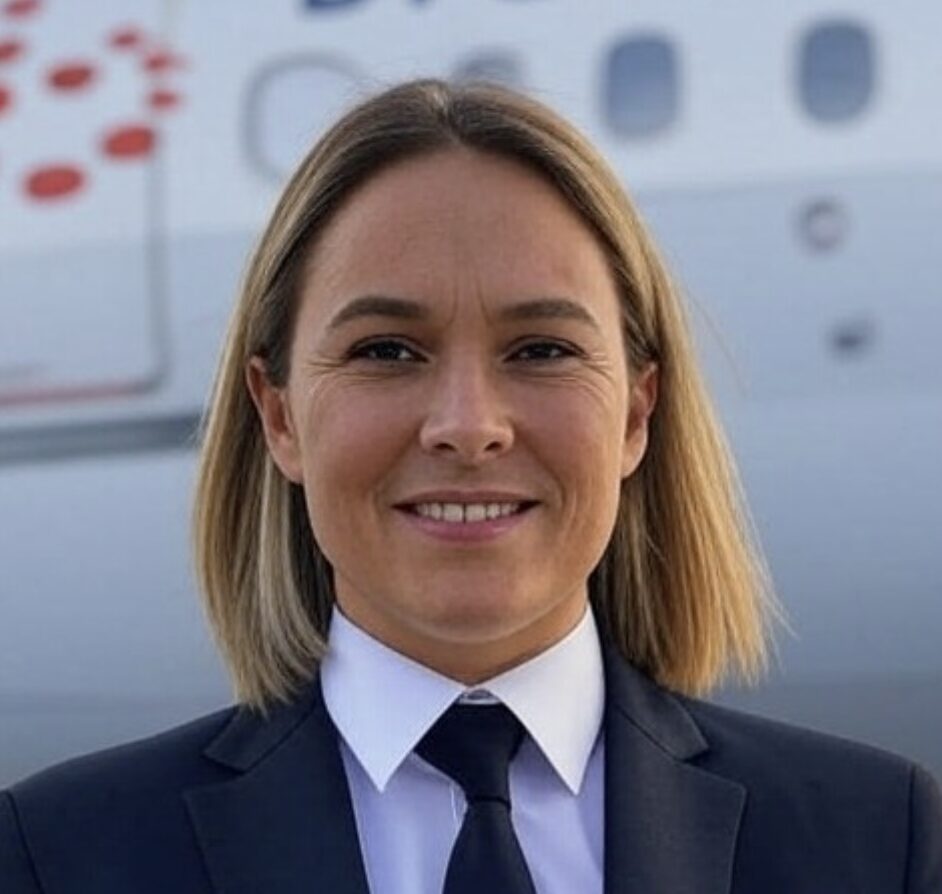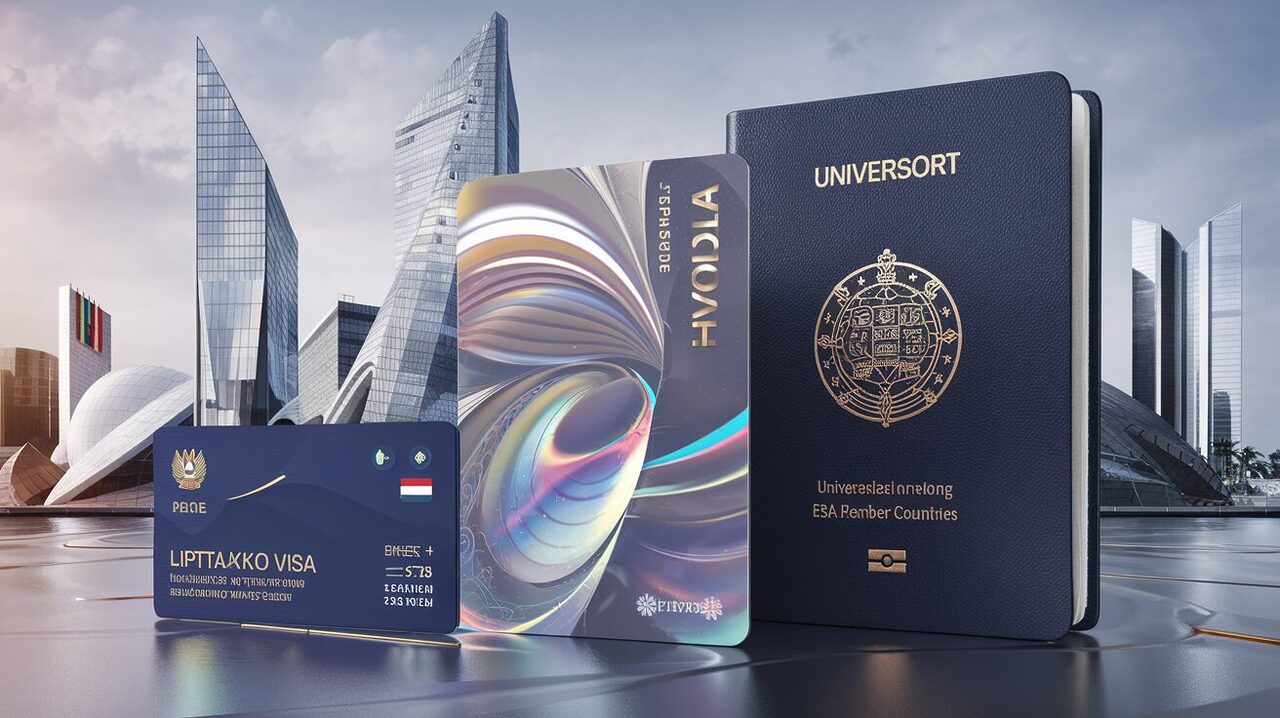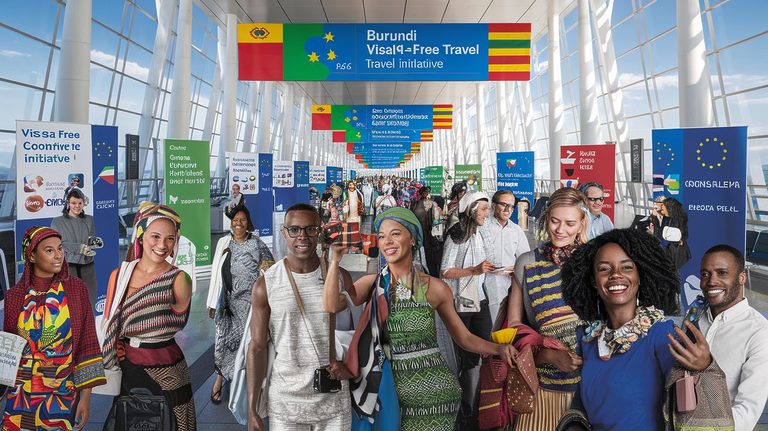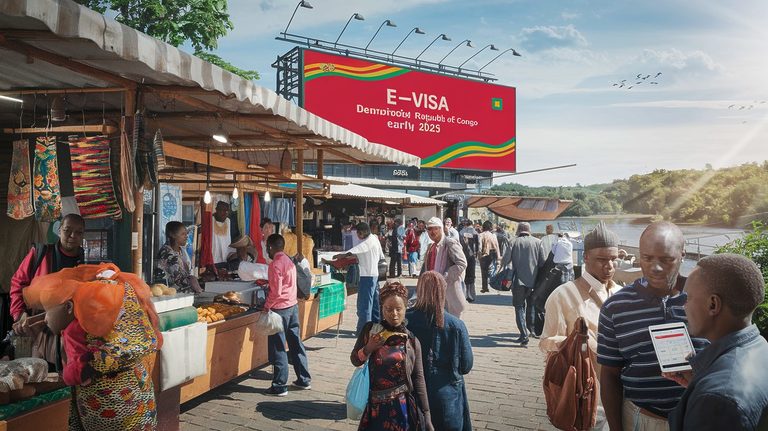The recent developments in the Sahel region have ushered in a new era of mobility and regional integration with the introduction of the ‘Liptako Visa’ and a universal passport for the member states of the Alliance of Sahel States (ESA). This innovative approach aims to enhance ease of travel, foster trade, and bolster cooperation among member nations, specifically Burkina Faso, Mali, and Niger. By establishing these new travel documents, the ESA members seek to assert their independence while promoting collaboration and a unified identity in a dynamic geopolitical landscape.
The introduction of the ‘Liptako Visa’ and the Universal Passport for the member states of the Alliance of Sahel States (ESA) marks a significant milestone in regional cooperation and integration. This initiative aims to enhance mobility, stimulate trade, and foster tourism while addressing broader regional challenges. As the ESA aligns its policies away from the Economic Community of West African States (ECOWAS), these new travel documents are key to redefining identities and borders in the Sahel region.
Introducing the ‘Liptako Visa’
The ‘Liptako Visa‘ initiative, formalized in early February 2025 following expert discussions in Bamako, represents a bold step towards increased regional integration among Burkina Faso, Mali, and Niger. This visa will facilitate easier movement within the alliance, symbolizing a departure from previously held restrictions and regulations. The concept stems from the desire to streamline travel for citizens, not just regionally but also globally, allowing for a broader cultural exchange and economic engagement.
The Essence of a Universal Passport
Alongside the ‘Liptako Visa‘, the ESA plans to introduce a Universal Passport. This document will further promote cross-border mobility, granting citizens of ESA member states the ability to travel without the constraints traditionally imposed by isolated national policies. The aim is to create an identity for ESA that resonates with unity and shared purpose, enhancing the sense of belonging among citizens.
Streamlining Travel Procedures
Designed to be user-friendly, the ‘Liptako Visa‘ will also feature an e-visa option for online applications, making travel more accessible. This modernization reflects a commitment to simplifying administrative processes and reducing bottlenecks that have historically hindered efficient travel. By reducing the complexity of obtaining travel documents, the ESA hopes to encourage tourism and trade, important components of regional growth.
Security Considerations and Border Control
Despite the positive implications of these newly introduced travel documents, the ESA member states have emphasized their rights to enforce strict border control measures. While the ‘Liptako Visa‘ provides significant benefits, it is essential to note that authorities reserve the right to deny entry to individuals classified as “inadmissible immigrants.” This necessary caution stems from ongoing security concerns within the region and reinforces the balance between facilitating mobility and ensuring national security.
Impact on Regional Relations
The ‘Liptako Visa‘ and the Universal Passport are not merely administrative tools; they symbolize a broader shift in regional dynamics. By moving away from traditional frameworks like ECOWAS, these initiatives reflect a strengthened resolve among ESA states to address their unique challenges collectively. With the introduction of these travel documents, the ESA sets the stage for enhanced cooperation and a more unified approach to addressing security, economic stimulation, and cultural integration.
Future Perspectives
As the ‘Liptako Visa‘ and the Universal Passport take effect, it remains crucial to monitor their impacts on regional travel patterns, trade, and community relationships. The willingness of the ESA states to engage in cooperative dialogues about migration and citizenship will be key to shaping a sustainable framework for the future. This novel approach may set a precedent for other regional alliances, illustrating how countries can work together to foster mobility while navigating the complexities of security and migration.
Key Features of the ‘Liptako Visa’ and Universal Passport
- Single Visa Implementation: Establishes a unified entry document for ease of travel.
- E-Visa Option: Simplifies application through online processes.
- Regional Integration: Promotes cooperation among ESA member states.
- Free Movement Policy: ECOWAS citizens can enter without a visa.
- Inadmissibility Criteria: ESA countries reserve the right to deny entry based on unspecified conditions.
- Common Passport: Enhances identity and facilitates easier mobility within member states.
- Commercial Vehicle Circulation: ECOWAS-registered vehicles can travel freely within the ESA area.
- Tourism Development: Aims to stimulate trade and attract investments to the region.
The introduction of the ‘Liptako Visa’ marks a significant advancement towards regional integration among the member states of the Alliance of Sahel States (AES), which includes Burkina Faso, Mali, and Niger. This new visa system, designed to enhance mobility within the region, will offer an e-visa option, simplifying access for both local and foreign travelers. In tandem with the visa, a universal passport is being implemented, signifying a step towards establishing a cohesive regional identity. Together, these initiatives aim to foster trade, attract investments, and enhance tourism across AES countries, despite the challenging security landscape classified as a “red zone” by several nations.

Hello! I’m Elisa, a 45-year-old travel companion with a passion for exploring new places and cultures. With years of travel experience under my belt, I thrive on creating memorable journeys for my clients. Let’s embark on an adventure together!





